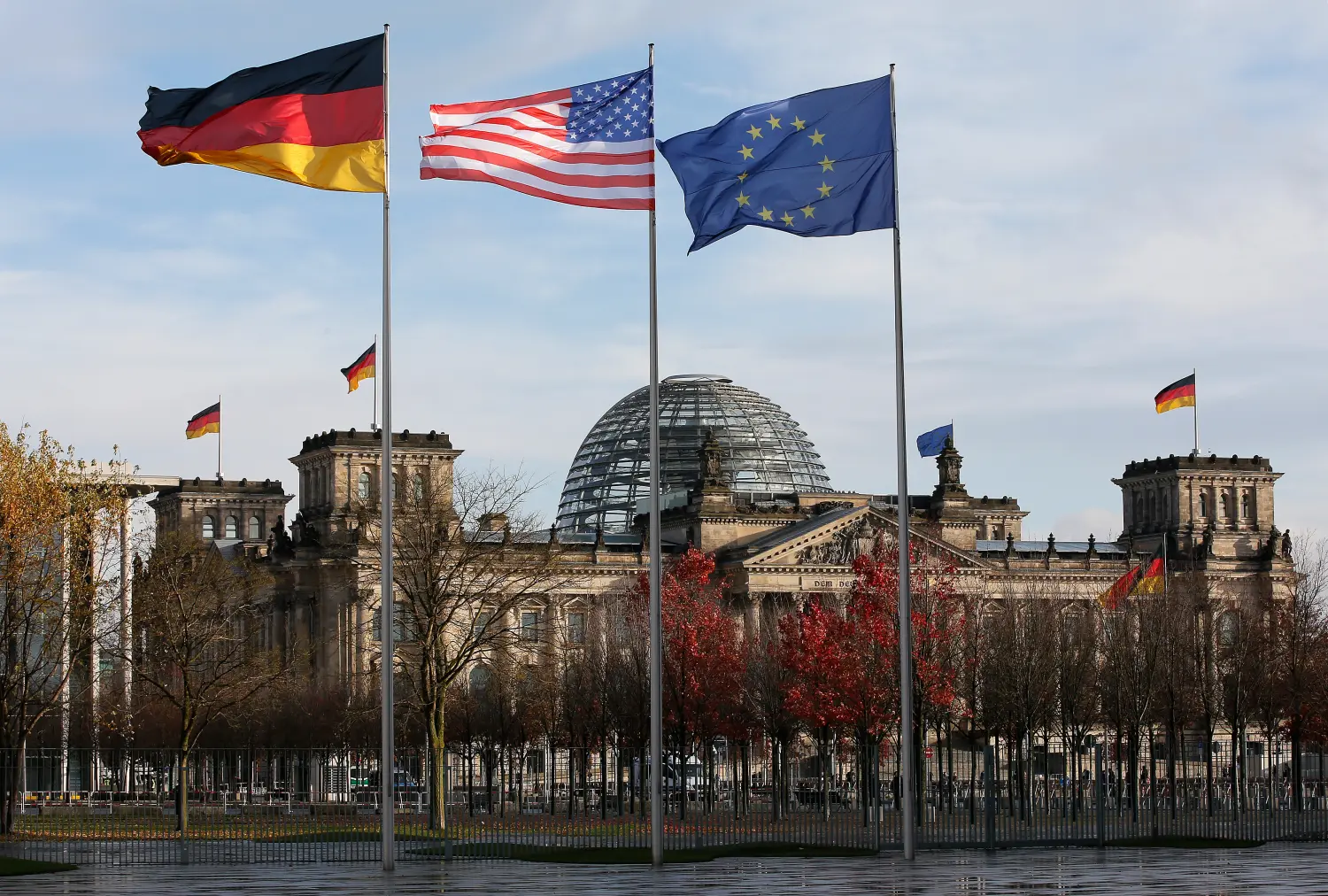The center-left’s extremely narrow victory (just 24,750 votes) in the Italian national election of April 2006, has not yet been accepted by the outgoing Prime Minister Silvio Berlusconi. He has even written a letter to several European heads of government stating that he may have not lost. A recount is in the making (but it will take a long time). Curiously, many recent elections in Western democracies have recorded the existence of an electorate divided almost in half: the United States in the 2000 and 2004 presidential elections; Spain in the 2004 parliamentary elections; Germany in the 2005 parliamentary elections; Mexico in the July 2006 presidential elections; and, as said, Italy in the 2006 parliamentary elections. There are good reasons to believe that the 2007 French presidential and parliamentary elections will be similarly close. The phenomenon of close democratic elections may deserve special analytical and political attention.
While Berlusconi was fighting for his life, the center-left proceeded to elect the Speaker of the Senate, Franco Marini of the Margherita (Daisy) party, the Speaker of the House of Deputies, Fausto Bertinotti of Rifondazione Comunista, and the President of the Republic, Giorgio Napolitano of the Left Democrats. On all of these occasions, the parties of the center-right vigorously opposed the center-left candidates and denounced the appearance of a dictatorship of the majority. Between May 19 and May 23, Prodi’s government was formed and received a vote of confidence from the Senate and from the House. The new government is made up of 25 ministers (four more than the previous one) and 62 undersecretaries. The total number of the members of the government: 97, is greater than that of any other Italian government, except Giulio Andreotti’s last government (April 1991-April 1992), which had 99 members. The fact is that the center-left is a highly diversified coalition containing many small parties, all in need of offices in order to maintain some visibility in the eyes of their voters. The two leaders of the major parties of the governing coalition, Massimo D’Alema (Left Democrats) and Francesco Rutelli (Margherita) serve both as Deputy Prime Ministers and as Ministers, respectively of Foreign Affairs and Culture.
View Full Analysis (PDF—77kb)
The Brookings Institution is committed to quality, independence, and impact.
We are supported by a diverse array of funders. In line with our values and policies, each Brookings publication represents the sole views of its author(s).



